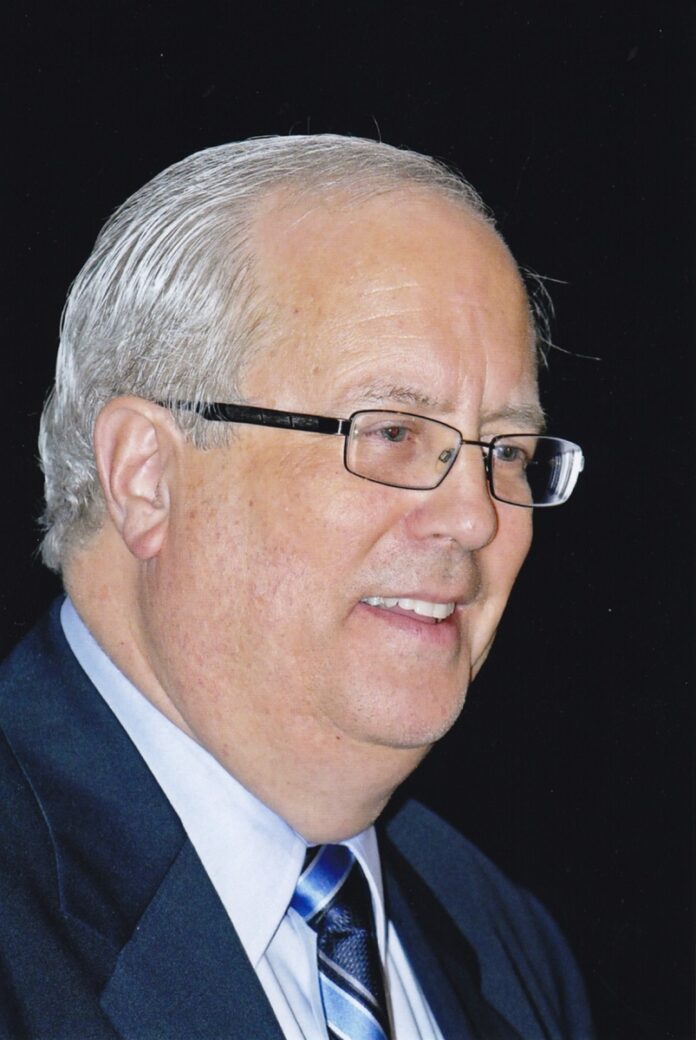AFTER daily water consumption reached near-record levels over the weekend, Metro Vancouver is reminding residents and businesses to conserve treated drinking water for essential uses.
Daily water consumption hit 1.79 billion litres on June 27, just shy of the all-time high set in 2009, when the region used almost two billion litres on a single summer day.
“It’s unprecedented to see such high water demand so early in the summer,” said Malcolm Brodie, Chair of Metro Vancouver’s Water Committee, on Wednesday. “We’re asking all residents and businesses to reduce their discretionary water use — such as watering lawns and washing cars — during the heat wave so that we may ensure an ample supply of drinking water for the rest of the season.”
As of June 29, the total supply storage in Metro Vancouver’s drinking water reservoirs is within the normal range, however, with continued hot and dry weather in the forecast, unchecked demand for water will quickly deplete the region’s storage reserves.
“Drinking water is a precious resource that must be managed and used wisely. Please do your part by using a little less water and not wasting it,” said Jerry Dobrovolny, Metro Vancouver’s Commissioner. “Implementing good conservation habits is an important way that you can help us continue to meet the region’s water needs.”
Typically, water demand increases in the summer due to outdoor uses like lawn watering. Under the region-wide regulations in effect until October 15, residential lawn watering is allowed twice a week, in the mornings only. One hour of rain or watering per week is all you need to maintain a healthy lawn, but if you let your lawn go dormant during summer, it will become green again in the fall. For full details, see Lawn Watering Regulations.
Long-Term Water Outlook
Thanks to regional and local government water conservation efforts, per capita water use has declined in the last two decades. However, long-range climate projections for Metro Vancouver show that the region can expect more than double the number of summer days above 25°C in the future. Longer drier spells and increased winter rainfall due to climate change will reduce the annual snowpack, affecting summer water supplies.
As the region’s population continues to grow, the overall water demand will only increase in the future. Collectively, the region currently uses about 390 billion litres of water per year and demand is projected to grow to more than 600 billion litres per year by 2120.
“Residents and business should continue to do their part to reduce their water use, as this will reduce overall demand on the water system, and could help defer costly water infrastructure projects,” said Brodie.
Visit WeLoveWater.ca for easy tips on how to conserve water both indoors and outdoors.
Metro Vancouver delivers high-quality drinking water to more than 2.7 million residents and businesses, supplying water from three major watersheds: Capilano, Seymour and Coquitlam.










Comments are closed.